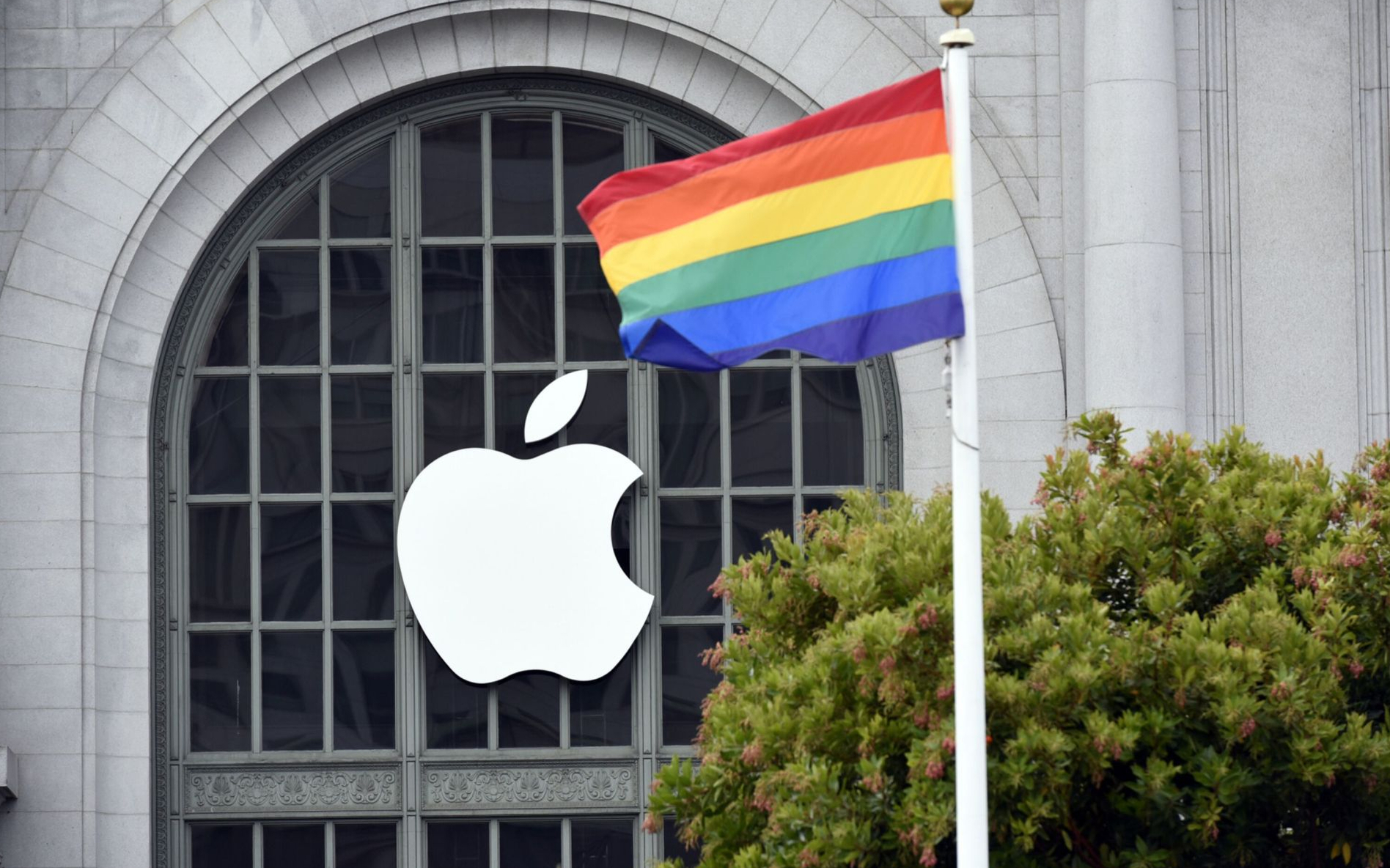
For years, June has been the traditional period of celebrating sexual minorities under the banner of Pride Month. However, recent boycotts of Bud Light and Target prove that it can also pose problems.
The traditional Pride Month is a time when corporations change their logos to rainbow colors and offer products dedicated to sexual minorities. Over the years, these activities have had a positive impact on both financial performance and corporate perceptions of social responsibility and environmental, social, and governance issues. And although many LGBTQ+ activists accused the companies of “pink washing” and pointed out, for example, that in some markets they pretend that they do not do what they do in the U.S. and Western Europe, this strategy worked. This year, however, the situation is different.
The problems began long before June when Anheuser-Busch launched a unique Bud Light social media campaign featuring transgender influencer, actress and comedian Dylan Mulvaney that was aimed at transgender people. This campaign aroused outrage among far right people who call themselves “normies.” The response, according to Pink News, was “swift, unprecedented and brutal.”
As a result of the social media campaign, people smashed retail beer displays and bartenders refused to sell Bud Light citing religious beliefs. The spontaneous boycott, as the New York Post noted, worked this time — sales fell by more than a quarter, and the share price of the corporation fell by 15%. What’s more, the loss of market share appears to be a lasting one, and Barron’s magazine quotes analysts as saying that Bud Light’s promotion of Mulvaney is the biggest marketing mistake since the Ayds brand in the 1980s (the Ayds brand was associated with the terrible AIDS epidemic at the time).
Anheuser-Busch’s problems with rainbow promotions are not all. A chain of Target stores got into trouble when someone came up with the idea of promoting one-piece swimsuits for men who want to dress like women (or for trans people before gender reassignment surgery) in preparation for Pride Month. Although the collection under the slogan #takepride is much wider and includes mostly completely uncontroversial products such as flip-flops or T-shirts that differ from the usual placement of rainbows or flags of sexual minorities, this was not enough to prevent the reaction of right-wing “normies.” The spontaneous boycott affected the chain’s sales, and its share price fell by 15% (while its competitors grew). As a result, J.P. Morgan downgraded Target’s ratings.
According to Steven F. Hayward of the Institute of Governmental Studies at the University of California, the effectiveness of these two boycotts does not come from Americans’ lack of tolerance for sexual minorities. Americans, in his opinion, are definitely tolerant of various types of individual expression and self-determination, but in these cases, the line of what’s acceptable has been crossed. And this is due to the fact that, in contrast to how gays, lesbians and bisexuals fought for acceptance in society, trans people demand it far more aggressively. What’s more, they want others to adapt to their needs. Previously, Hayward said, minorities demanded tolerance, the abolition of systemic discrimination, and being left alone, not unconditional acceptance without question.
However, as Pink News notes, most boycotts are ineffective. Despite calls for boycotts, Americans still shop at Walmart, eat at McDonald’s or Burger King and drink Coca-Cola.

Leave a Reply
You must be logged in to post a comment.